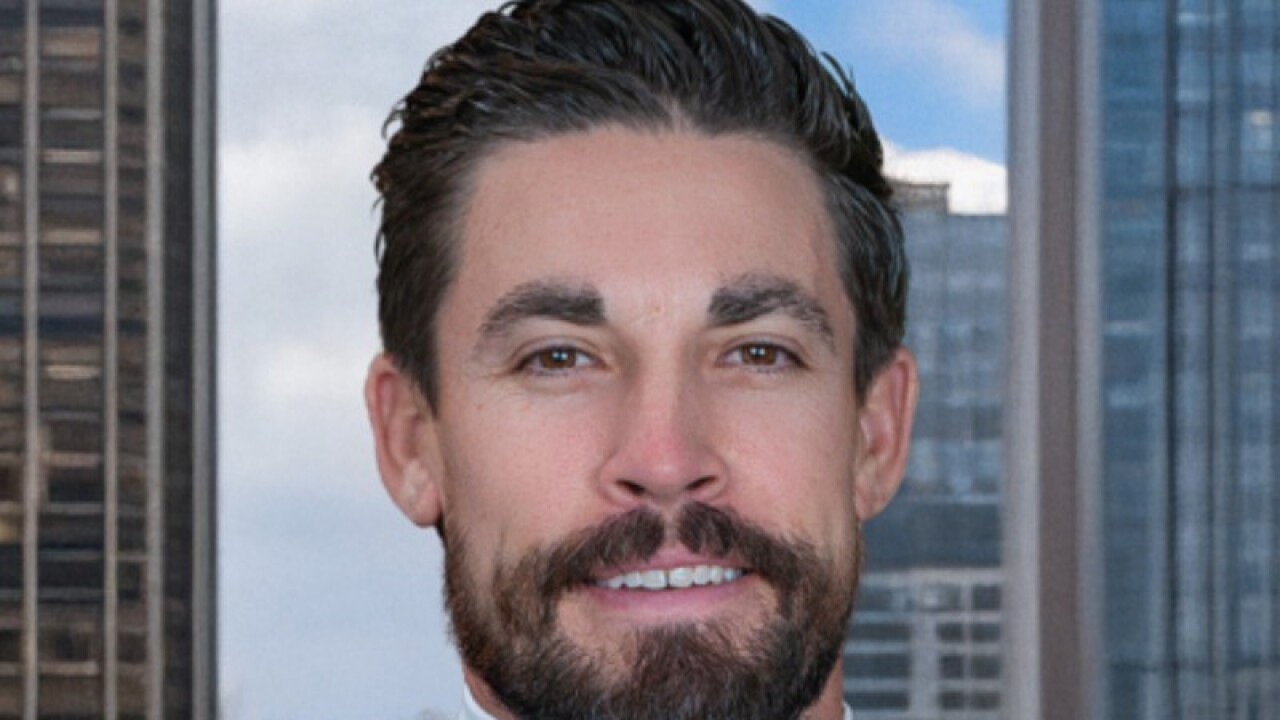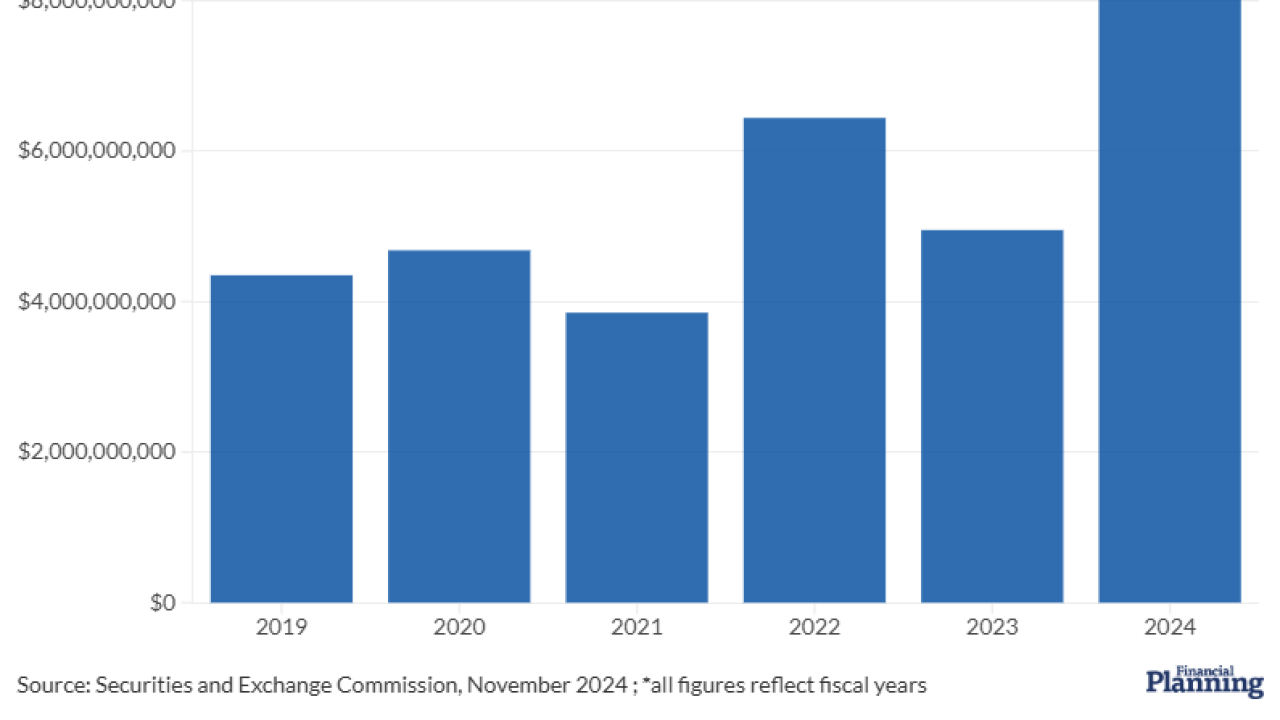A New York stock trader pleaded guilty to paying thousands of dollars in cash bribes to a broker at an investment banking firm in exchange for preferential access to lucrative IPOs, New Jersey U.S. Attorney Craig Carpenito said.
Adam Rentzer, 52, of Roslyn, New York, admitted Monday in Trenton federal court to one count of violating the Travel Act by engaging in commercial bribery. He faces as long as five years in prison and a fine of $250,000 when he’s sentenced Jan. 11, according to the U.S.
Rentzer was described by prosecutors as a trader who bought and sold securities in initial and secondary public stock offerings, including those marketed by two New York-based investment banking firms that employed broker Brian Hirsch.

Rentzer admitted that between mid-2013 and January 2017, he and an unidentified co-conspirator
Prosecutors said that by accepting Rentzer’s bribes, Hirsch knowingly violated policies and procedures of both brokerage firms that employed him. While the government didn’t identify Hirsch’s employers, FINRA records show Hirsch worked at Barclays from 2008 to 2015 and then at Stifel from 2015 to 2018.
Researchers found that potentially traumatic childhood experiences, including physical abuse and parental separation, have lasting financial consequences, shaping workers' savings and retirement security decades later.
Prediction markets like Kalshi and Polymarket, growing in popularity, allow users to essentially bet on nearly everything. If your clients have questions, here's what experts say you should tell them.
Alphonso David is a civil rights attorney and the president and CEO of the Global Black Economic Forum.
John Carman, a lawyer for Rentzer, didn’t immediately respond to a voicemail message seeking comment on the plea.
Hirsch pleaded guilty to the bribe scheme in December and is scheduled to be sentenced Nov. 18, prosecutors said.
The SEC filed a parallel civil complaint against Rentzer. According to the suit, regulators said that in most instances, Rentzer sold his stock into the market as soon as possible and turned a "substantial profit" estimated to be about $800,000. Rentzer also secretly shared his profits with Hirsch in the form of about $200,000 in cash kickbacks, according to regulators.








